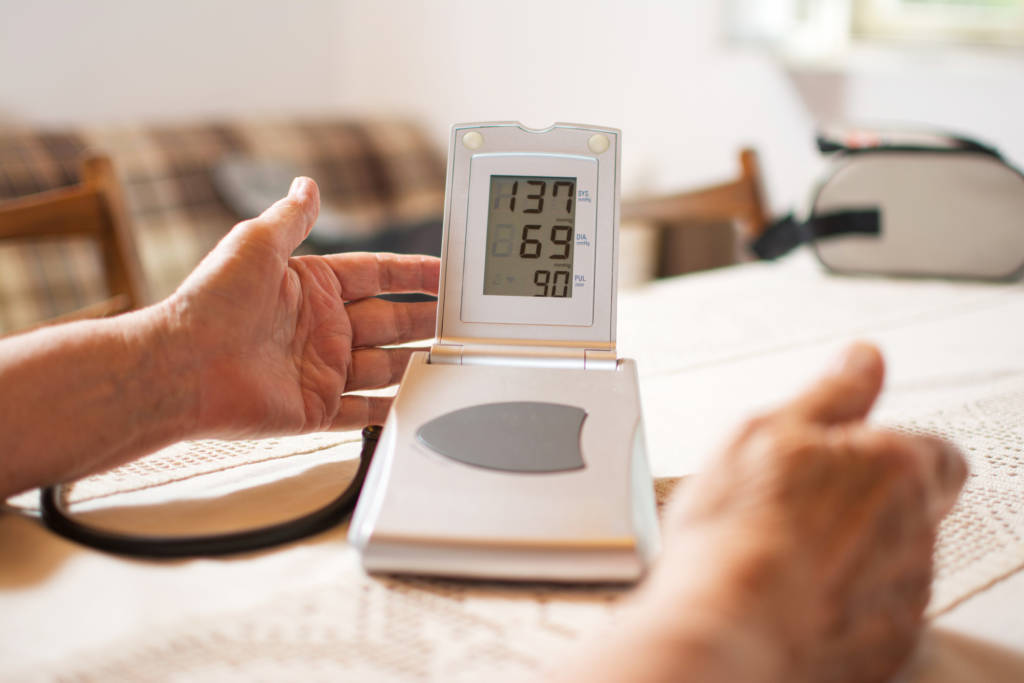As we all know, sleeping is a big component of living a healthy life. When we are young we have times for naps, but as we age, we get so wrapped up in our everyday activities, that we don’t have time for naps. We work late, sleep few hours and sometimes wait for the weekend to sleep in longer so that we can recover. It might feel that way, but a new study suggests that when routine sleep habits are disrupted, your risk for diabetes and heart disease rises.
The study included 447 men and women, aged 30 to 54, who worked at least 25 hours a week outside the home. They each wore a wristband that recorded their sleep and movement 24 hours a day for a week. Questionnaires were used to assess their exercise and eating habits.
Nearly 85 percent of the participants slept longer on their days off than on workdays, the investigators found. The rest woke earlier on their days off than on workdays.
Those with large differences in their sleep schedules on work days and free days tended to have worse cholesterol and fasting insulin levels, greater insulin resistance, larger waist size, and higher body mass index (BMI), the findings showed. BMI is an estimate of body fat based on height and weight.
This link between what the researchers called “social jetlag” and the health risk factors persisted even after adjusting for other measures of sleep and lifestyle behaviors, such as physical activity and calorie intake. The study findings were published Nov. 18 in the Journal of Clinical Endocrinology & Metabolism.






